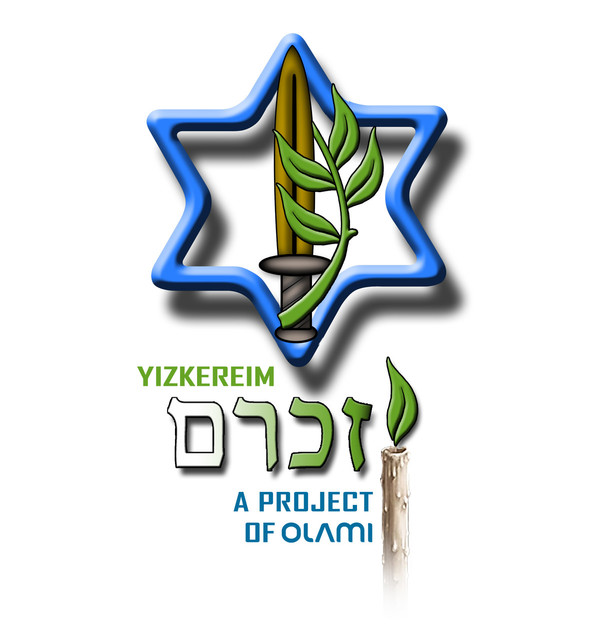Lichtenstein, Daniel
Son of Rivka and Meir Zanvel. Born in 1875 in Lodz, Poland, Daniel received a traditional and general education and was fluent in Polish and German, and was active in Zionist organizations in his city. He came to visit Israel. He stayed in Petah Tikva, purchased a plot of land, planted an orchard and built his house. He also built concrete wells for pumping water, storage ponds and water channels. He also built his home from concrete blocks he created. On his land he established a pilot plant for advanced agriculture and established the first water plant. His inventions in the area of cement and concrete were given to the Arabs by the name Abu Qamanta. At the outbreak of the First World War, he enlisted in the Turkish army and worked as a supervisor for the woodwork at the railway station in Daraa, Transjordan. Two years later, when he returned from Mad’ara, these were the days of the expulsion of the Jews from Jaffa and Petach Tikva. Daniel undertook to build houses for the Kfar Saba immigrants. One morning, when he arrived in Kfar Sava, he found the colony surrounded by Turkish policemen, searching for “deserters” (deserters from the army). Daniel tried to get away but was caught. All attempts to prove that he worked for the government failed and he was taken to Ramle and from there to Jerusalem. In Jerusalem, he spent some time in prison and from there was taken to a prison in Damascus. In prison he liked the prisoners and was chosen by them as a member of their committee. A few days before the British entered Damascus he fell ill with typhoid fever and in the month of Kislev 1918 he died of his illness. He left a wife, four sons and four daughters. His burial place is unknown.
